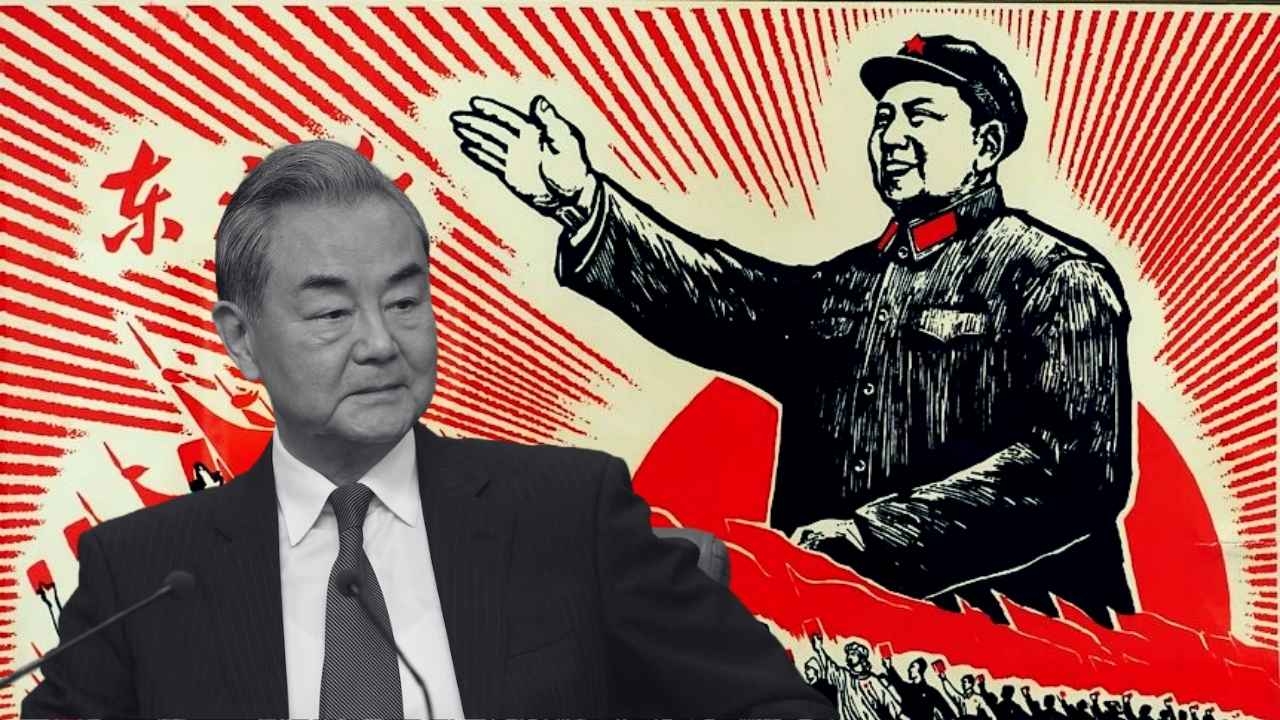China's Hypocrisy: Preaching Against Bullying While Perpetrating Abuses
Chinese Foreign Minister Wang Yi rebuked major powers against bullying weaker nations, asserting that such actions could regress the world to the "law of the jungle."
Total Views |

In a recent statement, Chinese Foreign Minister Wang Yi rebuked major powers against bullying weaker nations, asserting that such actions could regress the world to the "law of the jungle." He emphasized that powerful countries should not be profit-driven or oppress the weak, indirectly criticizing U.S. policies under the Trump administration.
However, this rhetoric starkly contrasts with China's own record of domestic and international conduct, which has been marred by allegations of human rights abuses and coercive practices.
Domestic Repression and Human Rights Violations
China's history is replete with instances where the state has exercised oppressive measures against its own citizens:
- The Great Leap Forward (1958-1962): Initiated by Mao Zedong, this campaign aimed at rapid industrialization led to one of the deadliest famines in history, with estimates suggesting that between 15 to 45 million people perished due to starvation and forced labor.
- Cultural Revolution (1966-1976): A socio-political movement that sought to preserve communist ideology resulted in widespread persecution, arbitrary detentions, and the deaths of millions.
In recent years, under President Xi Jinping's leadership, reports have highlighted severe crackdowns on ethnic minorities:
- Uyghur Muslims in Xinjiang: Since 2014, over a million Uyghurs and other Muslim minorities have been detained in so-called "re-education camps." These facilities are alleged to enforce political indoctrination, suppress religious practices, and involve forced labor. Additionally, reports indicate forced sterilizations and family separations, actions some international observers have labeled as crimes against humanity.
International Coercion and Bullying
China's external actions further contradict its professed stance against bullying:
- Territorial Disputes: China's assertive claims in the South China Sea have led to tensions with neighboring countries. The construction of artificial islands and militarization of disputed areas have been viewed as coercive tactics to assert dominance over smaller nations.
- Economic Coercion: Beijing has been accused of leveraging its economic clout to influence other countries' policies. For instance, nations expressing support for Taiwan or criticizing China's human rights record have faced trade restrictions and diplomatic pushback.
Recent Developments: U.S. Tariffs and Fentanyl Crisis
The United States recently imposed a 10% tariff on Chinese imports, citing the continued flow of the deadly opioid fentanyl into the country. Despite China's claims of assisting the U.S. in tackling the fentanyl issue, the U.S. administration argues that these measures are necessary to address the ongoing crisis.
Wang Yi criticized these tariffs as "arbitrary" and accused the U.S. of "meeting good with evil." However, this perspective overlooks the severity of the opioid epidemic in the U.S., which has been exacerbated by synthetic opioids like fentanyl, often sourced from China.
Conclusion
China's admonishment of major powers not to bully the weak rings hollow in light of its own domestic and international actions. While it positions itself as a defender of the oppressed, its track record suggests a pattern of coercion and human rights violations.


